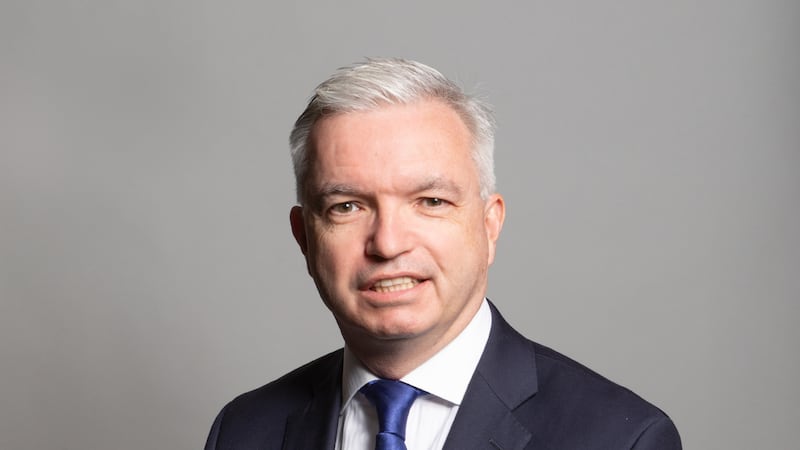TEACHERS have warned there is "no basis" to suspend their industrial action over pay.
Employers want action short of strike called off claiming there is a "clear detrimental impact on schools and pupils".
All main teaching unions withdrew cooperation with inspectors as part of action, which began in January.
They rejected a pay offer that would see staff receive no across-the-board pay rise for 2015/16, and a 1 per cent cost of living uplift for 2016/17.
Unions have since submitted a claim for a five per cent cost-of-living pay rise this year.
The National Education Union (NEU), which includes members of the ATL in Northern Ireland, said it supported this five per cent claim.
Its members have been considering the progress of negotiations on pay and the industrial action.
In a statement, NEU said it "cannot recommend an end to industrial action on the basis of continued adherence to below-inflation public sector pay policy".
It added that the best means open to teachers to control spiralling workloads remained through the joint industrial action of the teachers' unions.
Measures proposed by management, NEU said, "do not remotely come close to, or as efficacious as the industrial action in controlling workloads".
The union said it was prepared to relinquish its boycott of Key Stage Assessment when an educationally sound replacement system was developed and in place.
It added that action on needless tasks - accountability, scrutiny, bureaucracy and administration - should remain in place, giving staff at school-level "the opportunity to desist from carrying out nugatory value needless tasks to allow teachers to carve out `professional space' to focus on learning and teaching and the exercise of professional discretion".
"NEU considers there is no basis - in respect of the three keys strands of negotiation on pay, workload and accountability - to relax the current industrial action."
Employers said some schools were reducing teaching time to allow teachers to complete other professional duties that would normally be completed outside class hours.
Less class time for pupils, they said, impacted on children's educational experience.
"We are disappointed that the teaching unions have requested a five per cent pay increase at this time," a spokesman said.
"Whilst we sympathise with all staff in the education sector whose salaries have not risen in line with inflation, we fail to see how a pay increase of five per cent could be met in the context of the current budget situation."








